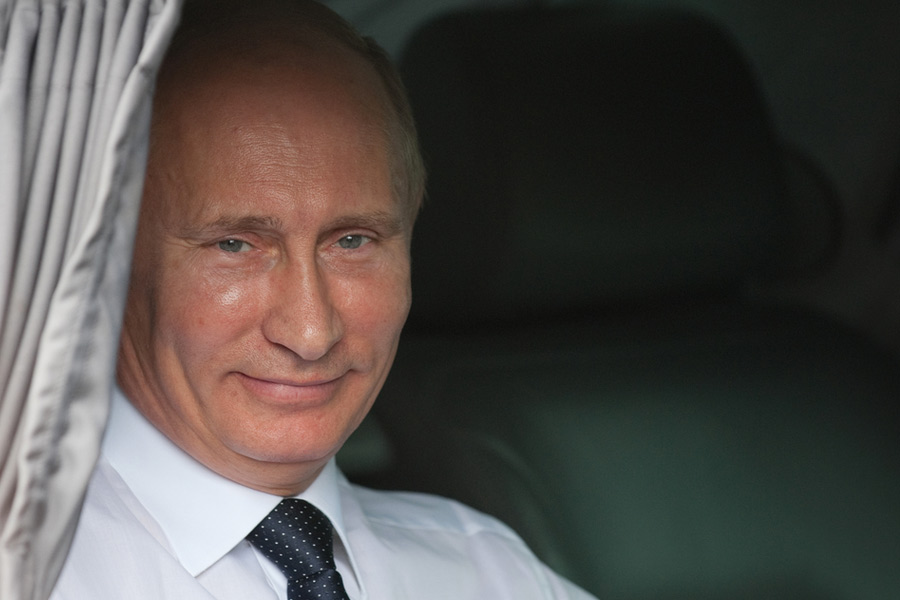Less than a week ago, President Vladimir V. Putin of Russia claimed a fifth term with his highest-ever share of the vote, using a stage-managed election to show the nation and the world that he was firmly in control.
Just days later came a searing counterpoint: His vaunted security apparatus failed to prevent Russia’s deadliest terrorist attack in 20 years.
The assault on Friday, which killed at least 137 people at a concert hall in suburban Moscow, was a blow to Putin’s aura as a leader for whom national security is paramount. That is especially true after two years of a war in Ukraine that he describes as key to Russia’s survival — and which he cast as his top priority after the election last Sunday.
“The election demonstrated a seemingly confident victory,” Aleksandr Kynev, a Russian political scientist, said in a phone interview from Moscow. “And suddenly, against the backdrop of a confident victory, there’s this demonstrative humiliation.”
Putin seemed blindsided by the assault. It took him more than 19 hours to address the nation about the attack, the deadliest in Russia since the 2004 school siege in Beslan, in the country’s south, which claimed 334 lives. When he did, the Russian leader said nothing about the mounting evidence that a branch of the Islamic State committed the attack.
Instead, Putin hinted that Ukraine was behind the tragedy and said the assailants had acted “just like the Nazis”, who “once carried out massacres in the occupied territories” — evoking his frequent, false description of present-day Ukraine as being run by neo-Nazis.
“Our common duty now — our comrades at the front, all citizens of the country — is to be together in one formation,” Putin said at the end of a five-minute speech, trying to conflate the fight against terrorism with his invasion of Ukraine.
The question is how much of the Russian public will buy into his argument.
The fact that Putin apparently ignored a warning from the US about a potential terrorist attack is likely to deepen the scepticism. Instead of acting on the warnings and tightening security, he dismissed them as “provocative statements”.
“All this resembles outright blackmail and an intention to intimidate and destabilise our society,” Putin said on Tuesday in a speech to the FSB, Russia’s domestic intelligence agency, referring to the Western warnings. After the attack on Friday, some of his exiled critics have cited his response as evidence of the President’s detachment from Russia’s true security concerns.
Rather than keeping society safe from actual, violent terrorists, those critics say, Putin has directed his sprawling security services to pursue dissidents, journalists and anyone deemed a threat to the Kremlin’s definition of “traditional values”.
Even as the Islamic State repeatedly claimed responsibility for the attack and Ukraine denied any involvement, the Kremlin’s messengers pushed into overdrive to try to persuade the Russian public that this was merely a ruse.
US officials have said there is no evidence of Ukrainian involvement in the concert hall attack, and Ukrainian officials ridiculed the Russian accusations. Andriy Yusov, a representative of Ukraine’s military intelligence agency, said Putin’s claim that the attackers had fled toward Ukraine and intended to cross into it, with the help of the Ukrainian authorities, made no sense.
Inside Russia, the election — and its predetermined outcome — underscored Putin’s dominance over the nation’s politics.
Kynev, the political scientist, said he believed many Russians were now in “shock,” because “restoring order has always been Vladimir Putin’s calling card”.
Putin’s early years in power were marked by terrorist attacks, culminating in the Beslan school siege in 2004; he used those violent episodes to justify his rollback of political freedoms. Before Friday, the most recent mass-casualty terrorist attack in the capital region was a suicide bombing at an airport in Moscow in 2011 that killed 37 people.
Still, given the Kremlin’s efficacy in cracking down on dissent and the news media, Kynev predicted that the political consequences of the concert hall attack would be limited, as long as the violence was not repeated.
“To be honest,” he said, “our society has gotten used to keeping quiet about inconvenient topics”.
New York Times News Service










